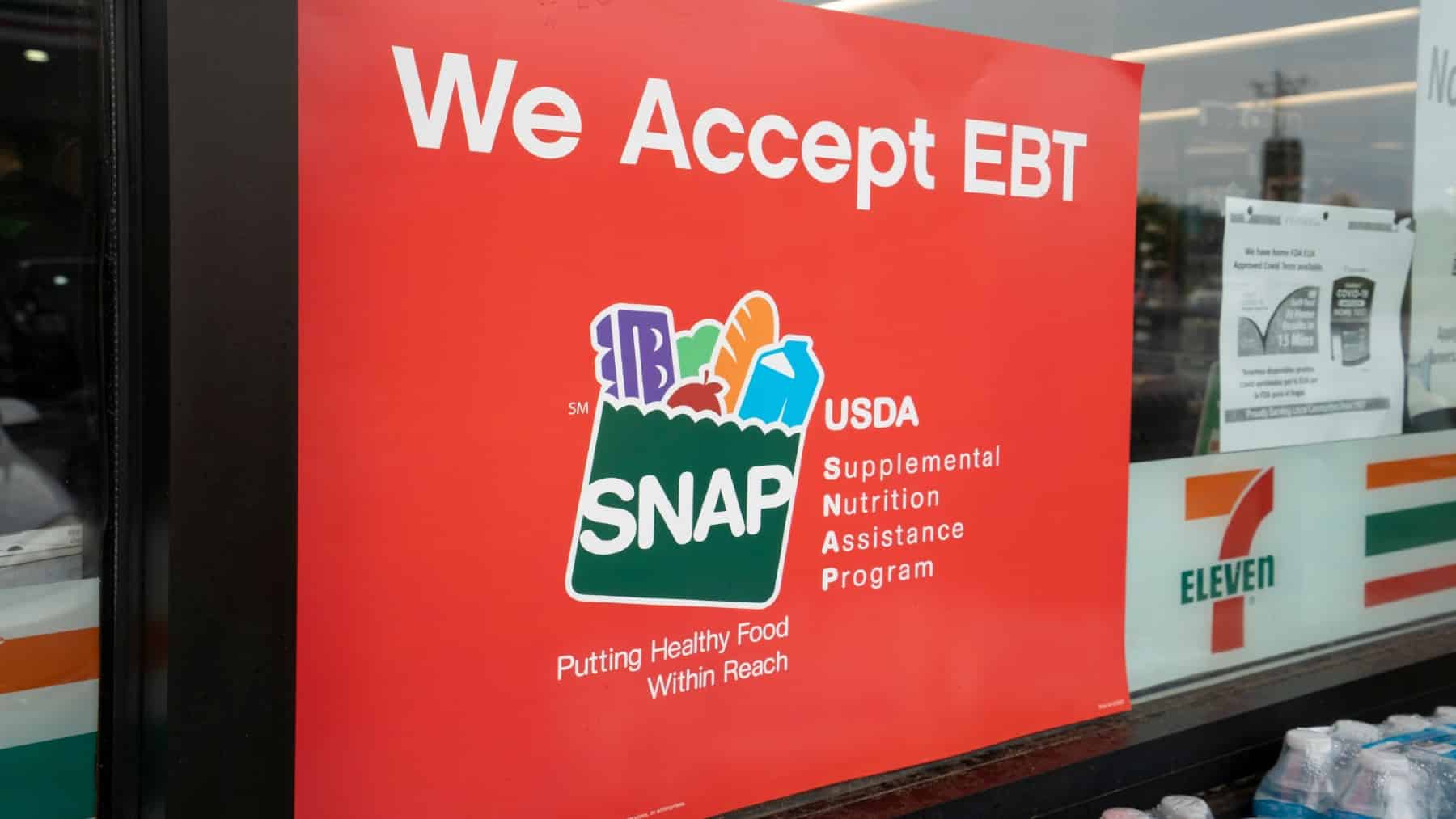There are millions of Americans who rely on Supplemental Nutrition Assistance Program (SNAP) benefits to put food on the table for their families. Unfortunately, these Americans are facing uncertainty as a result of the government shutdown that started on the 1st of October 2025.
Why SNAP Payments Are Delayed
There are approximately 42 million Americans who rely on SNAP benefits for food assistance and normally, the program pays out around $8 billion each month. Sadly, delays began when the government shutdown started.
There were some states which filed lawsuits stating that SNAP payments are essential and should continue. However, the Supreme Court has temporarily blocked full payments, and this has left many states unsure if they could distribute benefits or not.
Two Groups: Who Got Paid and Who Didn’t
- States That Paid SNAP Benefits
There are a few states in the U.S. such as New York, New Jersey, California, Massachusetts, Washington, Oregon, Hawaii, Kansas and California that sent out full payments for November during the first weekend.
Instead of waiting for federal guidance, some states moved swiftly to comply with court rulings. Despite the shutdown, families in these states were able to purchase groceries and meet their basic requirements thanks to the timely arrival of SNAP payments.
- States Still Waiting
There are, however, many other states which have not yet sent out full benefits. Some states have issued partial benefit payments whereas there are other states waiting for clear instructions.
As a result of this, some people may have received benefits in some states, and some may have not.
What This Means for Families
- Since there are many families that rely on SNAP benefits for daily meals, not receiving benefits on time may lead to inadequate access to food supplies. This can then result in food insecurity.
- There are some states which have received benefits, and some haven’t. This leads to inequality between states.
- State governments are stuck in the middle: Despite having made early payments, several states are under pressure from USDA, which is stressful and unsettling.
The concern is that families cannot wait a long time for benefits because they rely on these benefits to put food on the table.
Practical Steps for Families Waiting for SNAP Benefits
- Try and get help from local food banks and community organizations:
- There are many food banks available that are able to provide some assistance with a few free meals or pantry ingredients.
- Some community organizations or even religious groups provide food on a weekly or even monthly basis.
- Plan meals strategically:
- Try and create a weekly mean plan to maximize your food supplies.
- Look into making meals with less expensive ingredients.
- Budget carefully:
- Make sure you keep track of your food supplies and look for discounts or coupons when doing grocery shopping.
- Stay informed:
- Be sure to keep yourself updated with verified information so that you are aware of what’s happening with your benefits.
What Needs to Happen Next
- Congress needs to make decisions quickly to ensure that the SNAP program runs smoothly.
- States need straightforward instructions so they can issue benefits without fear of penalties.
- Food banks and community organizations need to help families especially in states where benefits are delayed.
The Bottom Line
There are millions of American families who rely on SNAP benefits and the government shutdown has created a divide amongst many states regarding who receives benefits and who doesn’t. There are some families who have already received benefits and some who are struggling because benefits are delayed.
SNAP benefits provide food support for many families; it puts food on the table for those who struggle. It’s important for beneficiaries to look into other support programs to assist during this time so that they are able to provide for their families, especially those with little kids.
Beneficiaries are urged to keep themselves informed and updated with verified information so that they can plan ahead to ensure their families are fed.

